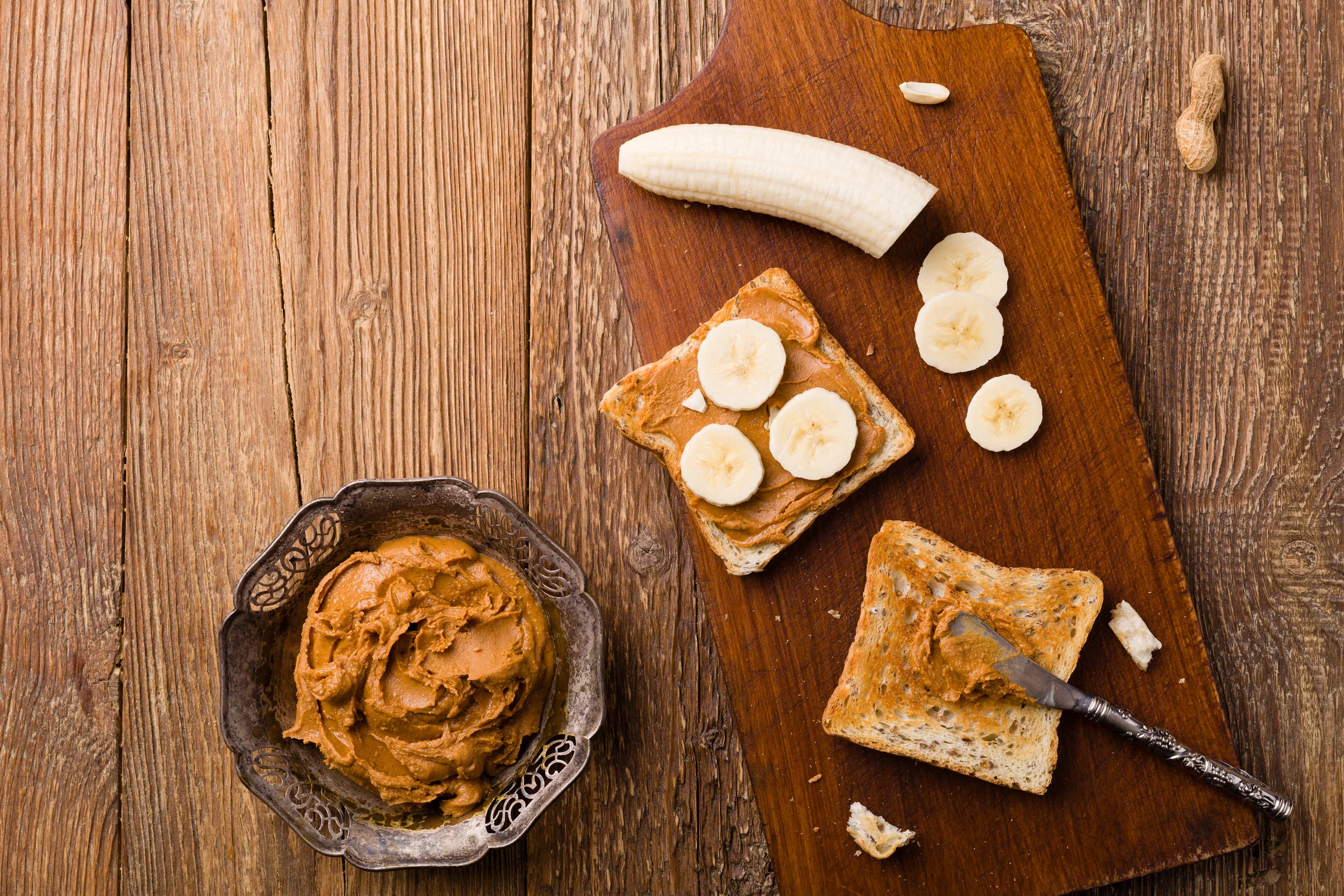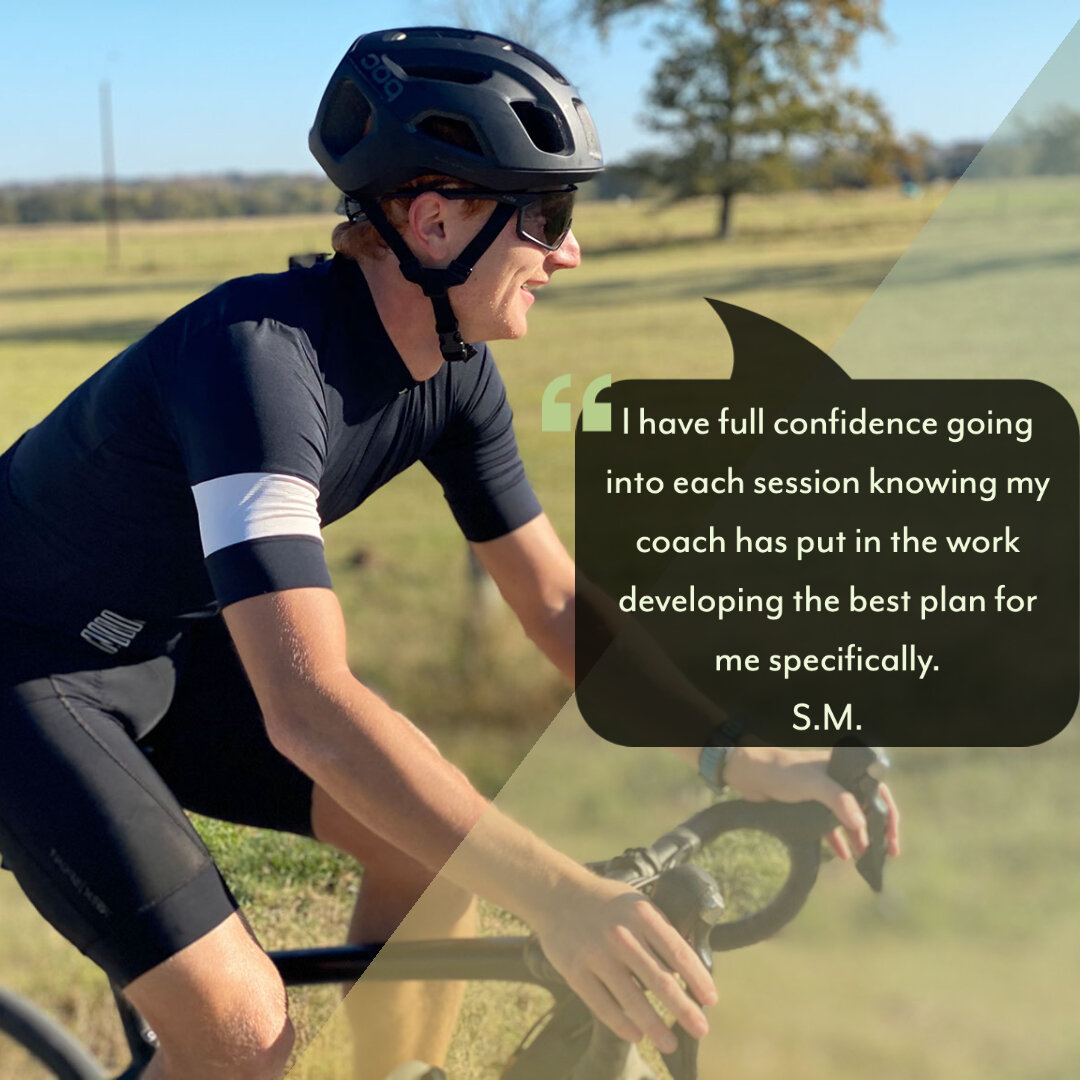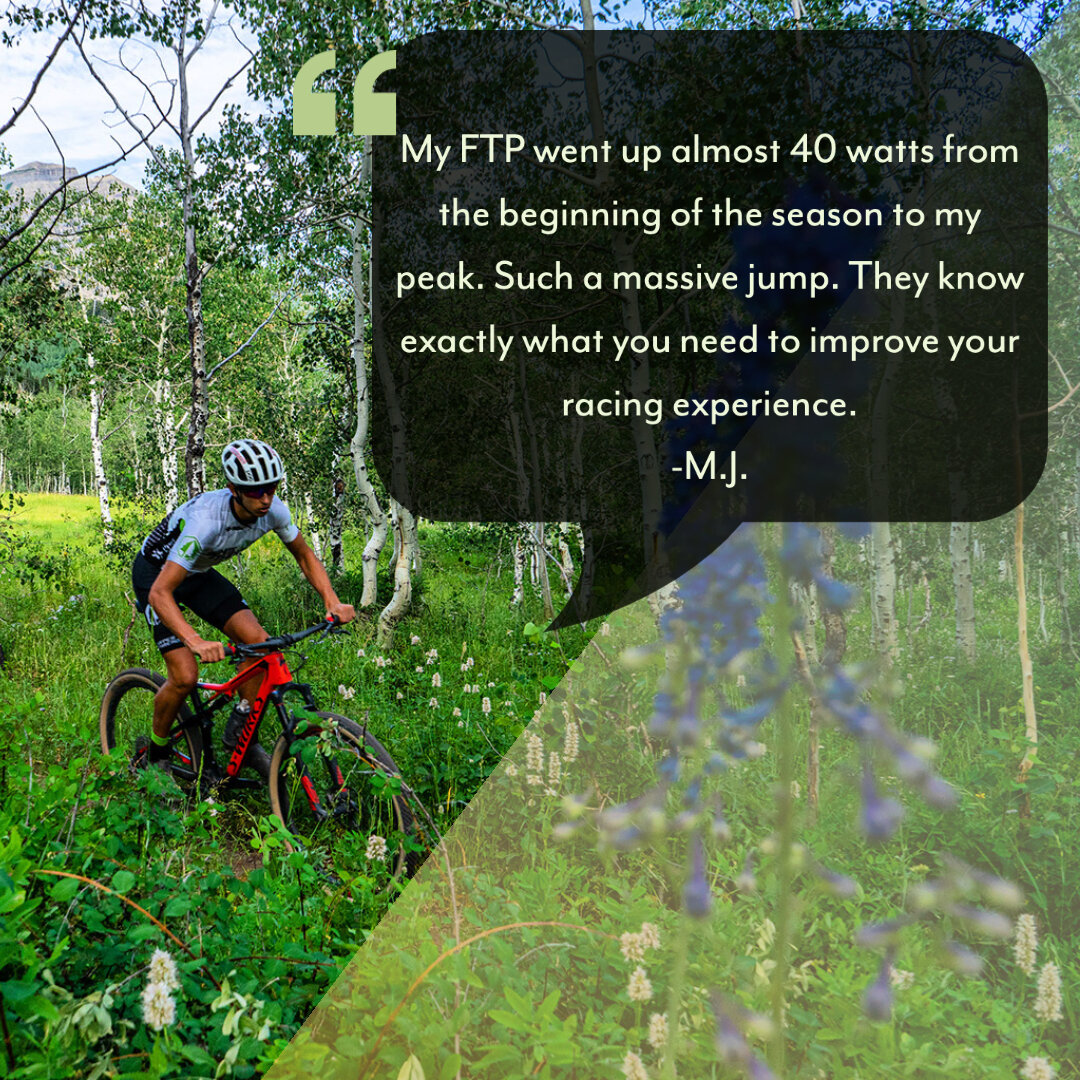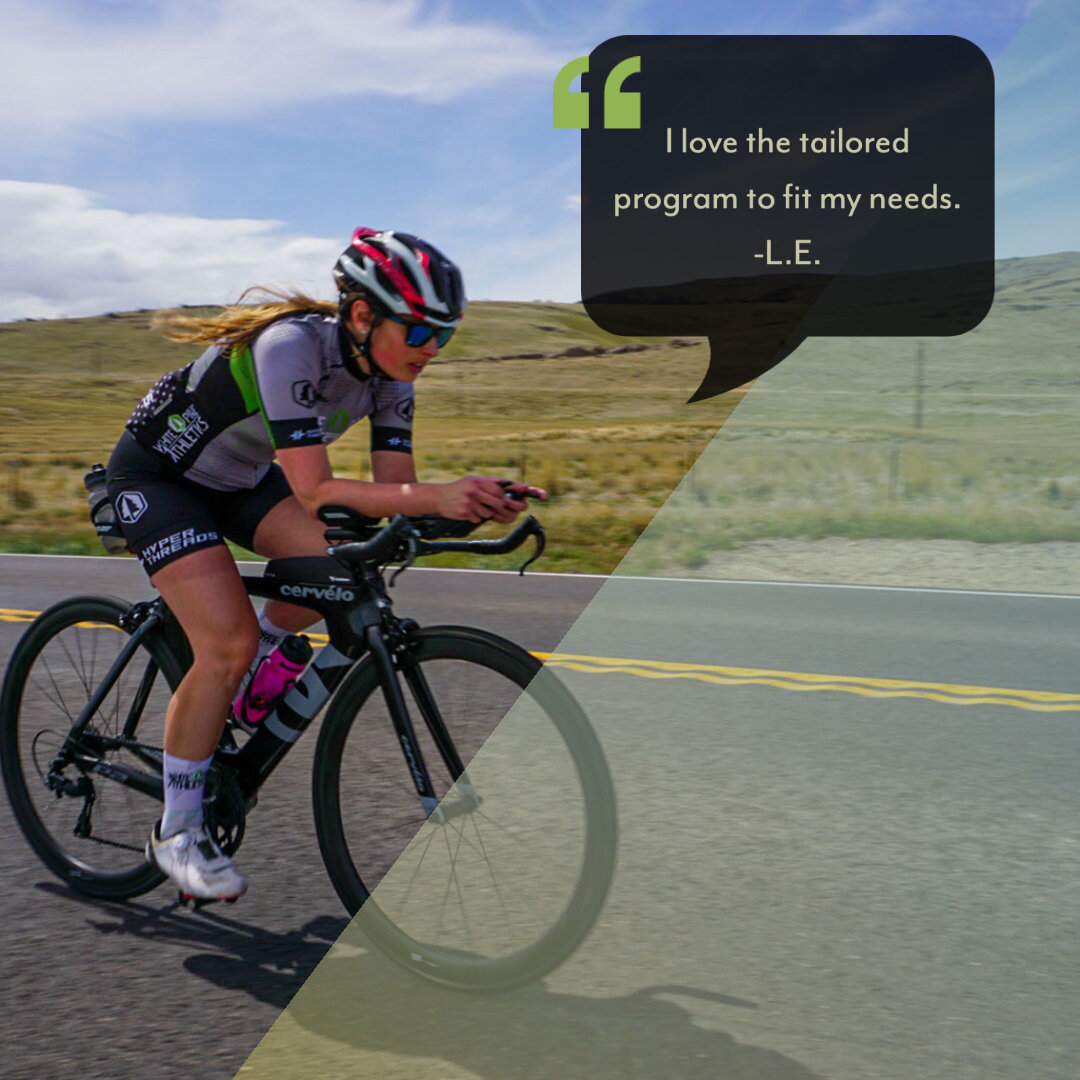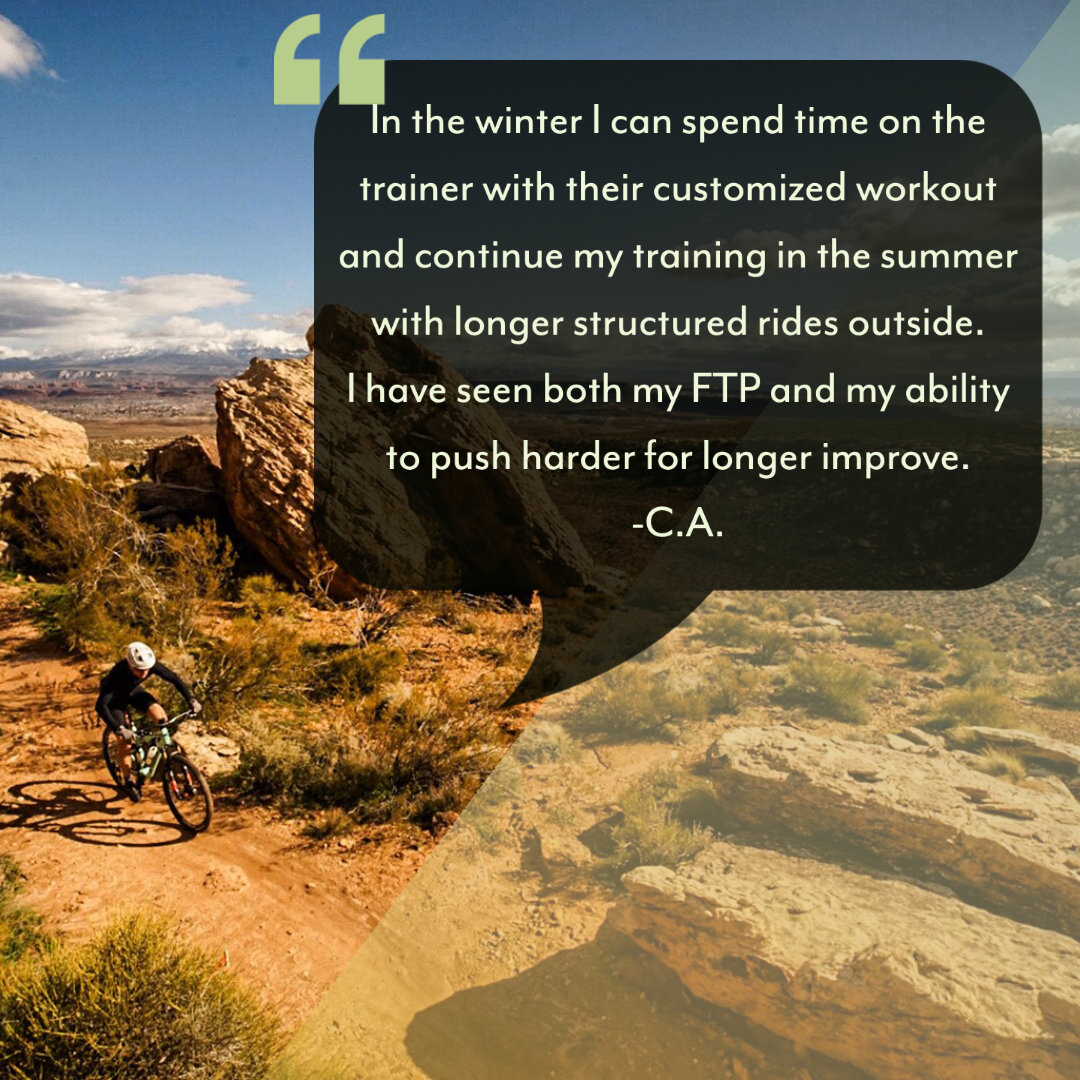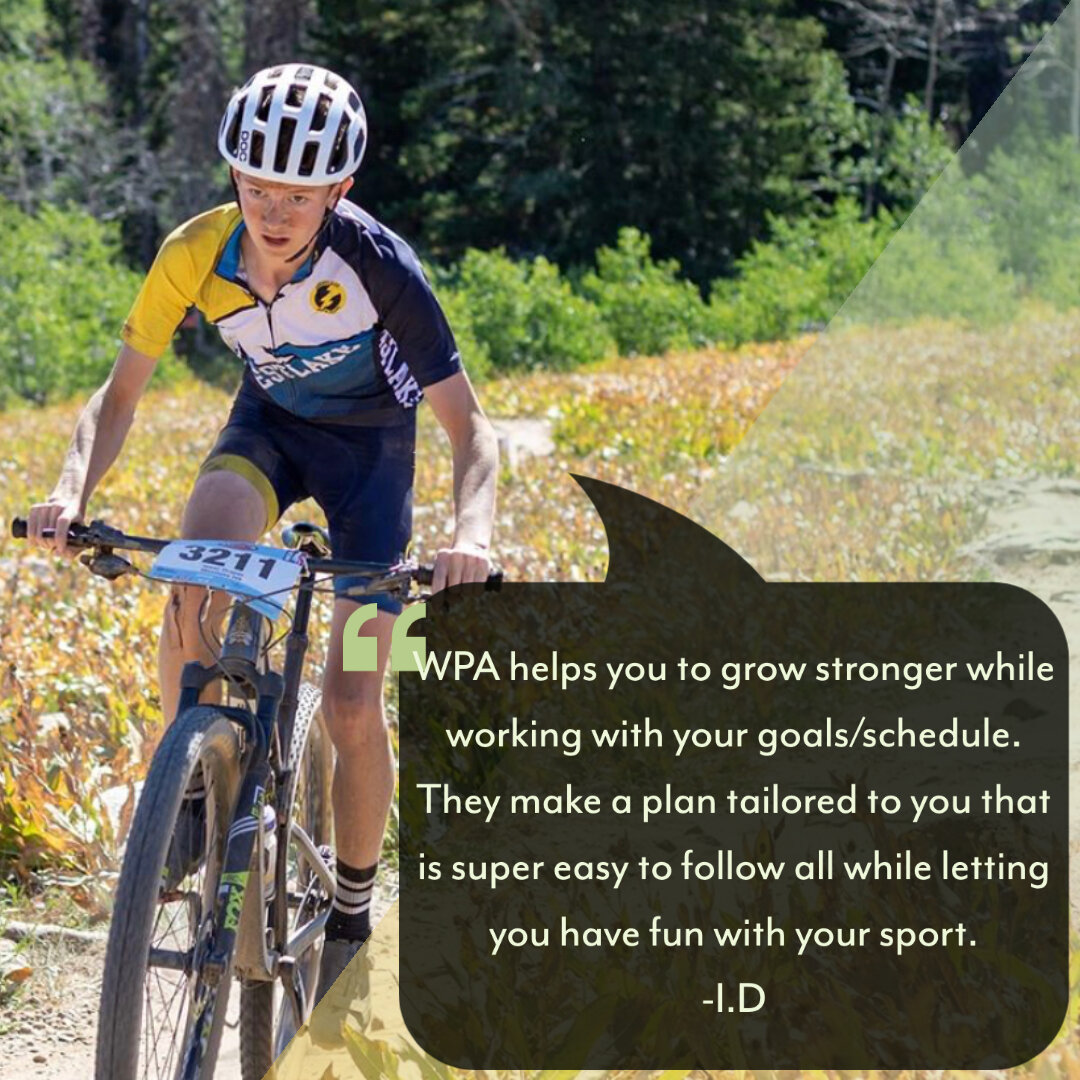BY CHAUNCEY CARROLL
For many of us who juggle multiple hats, trying to be superheroes to everyone else and still wanting to reach our fitness goals, mornings are sometimes the only time we can squeeze in our training session. Properly planned nutrition can help you maximize your training time to earn the most results.
In any given workout, our body can supply energy through a few avenues: blood glucose (or blood sugar), liver glycogen, and muscle glycogen (the stored form of carbohydrate). During an overnight fast when you’re sleeping, almost all of your liver glycogen is depleted. While your body can get you through your training session with adequate stored muscle glycogen, you will decrease your endurance, draw energy away from your brain (a.k.a. your control center is lazier- think increased risk for injury, sloppier technique), and you will require additional recovery after your workout. You may hear of many high-level athletes that purposely train in this fasted state to boost the efficiency of their fat usage during exercise. While this topic could be an entirely new post, it does not hold scientific basis for performance and is not recommended due to the reasons above, especially the increased tax on your recovery and immune system.
Numerous studies have demonstrated that pre-exercise carbohydrate can improve performance by 7 to 20%. Wouldn’t we all give anything to improve by 7 to 20%? This could look like exercising for longer and/or harder toward the end of the session. It can even improve relatively short-duration exercise (less than an hour) by activating the central nervous system.
While it can be impractical or even uncomfortable to consume a full breakfast so close to working out, even a small amount of an easily digested carbohydrate-rich food or beverage can improve performance by restocking your liver glycogen. You’ll want to avoid foods high in fat, fiber, and protein to decrease your risk of a stomach upset or feeling sluggish while you train.
And of course, caffeine can help stimulate your nervous system to train at your best, but you’ll want to experiment with what kind and how much works for you without causing your GI system to light up as well.
A good place to start can be as simple as eating a small banana, maybe with a little nut butter, before heading out the door. If solid food doesn’t sit well, you could try something like a GU Energy Gel, or a sports drink containing carbohydrate. Worst case scenario, if you cannot possibly eat or drink anything in the morning before your workout, give yourself a little head start by including a good source of carbohydrates at dinner, like potatoes or brown rice, and then maybe even a little snack just before bed.
By giving your body and brain what it needs, you’ll consistently be able to excel and push yourself to the next level, and recover faster to be able to train harder sooner, even if everyone else is still asleep.

